If you have too much fresh produce to avoid wasting, you can store it by freezing it.
The following tips will help you keep vegetables longer, ensuring their taste and safety.
How to freeze fruit
Most fresh fruit can be stored in the refrigerator. You need to wash, dry and prepare them according to your intended use. For example, slicing fruits like apples and strawberries and then freezing them will make them easier to thaw and prepare.
Sliced or whole fruit should be placed on a baking sheet lined with paper towel and placed in the freezer. Once solid, the fruit should be stored in a zippered freezer. This way the fruit does not stick together.
Frozen fruits are best eaten for 3 months, but may last longer if stored below minus 18 degrees Celsius.
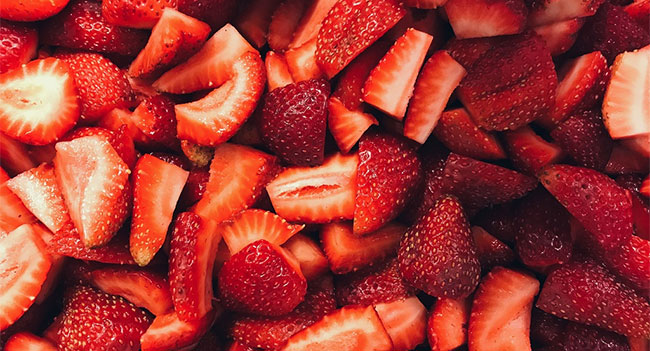
If you plan to puree or cook fruit, you can cook it before freezing it.
How to freeze vegetables
Vegetables are generally best when blanched. This helps the vegetables keep their color bright and prevents enzymes that cause degeneration. First, you cut to the desired size, boil briefly (for 2 minutes), drain and then dry. The vegetables will be placed on a baking sheet covered with paper towel and frozen.
Once solidified, put the vegetables in a freezer bag. Vegetables with a high water content should not be frozen such as celery, watercress, lettuce, lettuce, cabbage, cucumbers and turnips. Instead, they can be preserved by immersion or fermentation.
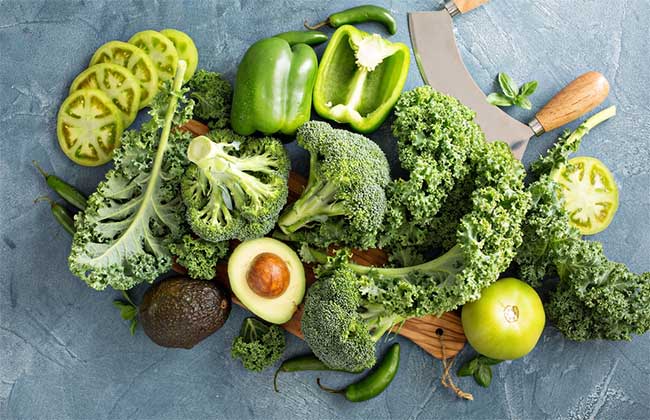
Frozen vegetables are best eaten for a few months, but can last up to a year.
How to use frozen fruits and vegetables
Frozen vegetables can be used freely in savory dishes like soups and stews. In addition, some vegetables can be added to other dishes like noodles, eggs … Frozen tomatoes are an ingredient that should be in the freezer compartment as they can be used in many recipes.
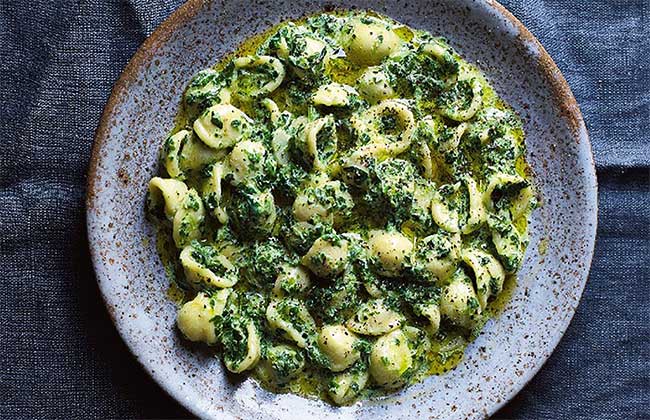
Frozen fruits and vegetables can also be used in sweets such as cakes or smoothies.
How to freeze herbs
To keep the herbs fresh, cut them into small pieces and place them in an ice cube tray, covered with oil or water. Once frozen, they should be stored in bags. The herb works to enhance the flavor of many dishes.
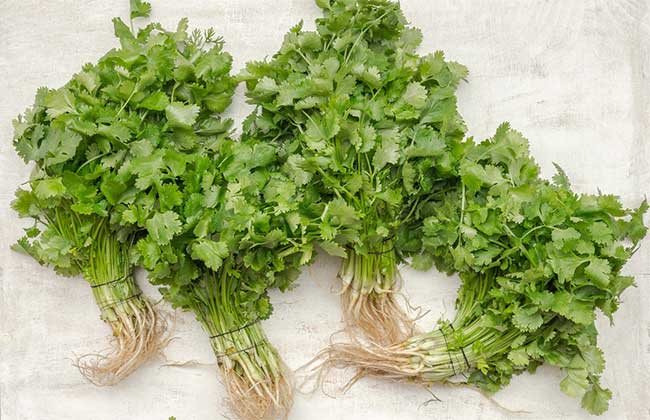
Herbs should not be used as decorations when thawed, as they are often soaked in water.
Tips for freezing fruits and vegetables
Fruits and vegetables should be frozen at best. A hard, crunchy pear will never get soft and sweet when frozen. Food should be kept in a freezer bag and squeezed as much air as possible. If you freeze the product regularly, you can invest in a vacuum cleaner.
Freezer bags must be labeled with the start date of storage. Vegetables should be blanched, cooled before storage and should not be left at outside temperature for long. The quality of frozen fruits and vegetables is best when stored at temperatures not exceeding minus 18 degrees Celsius.
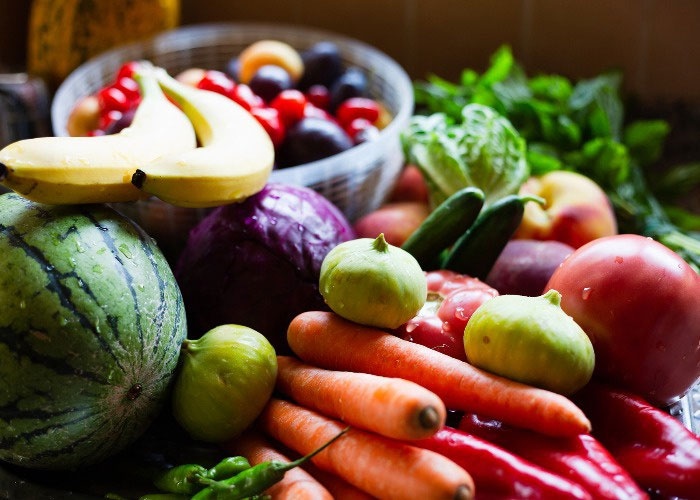
After taking out fruits and vegetables, use them immediately and do not refreeze thawed foods.


